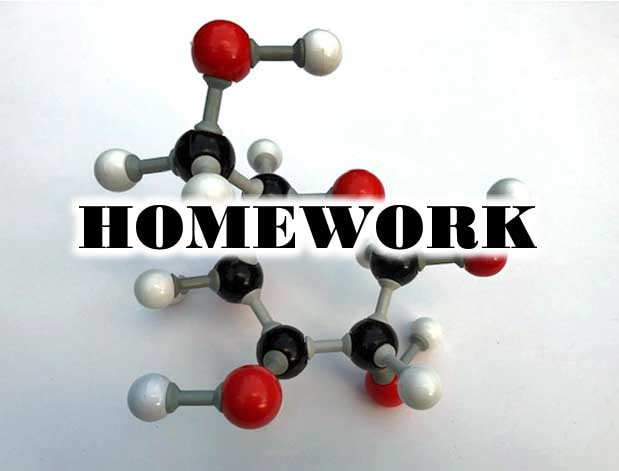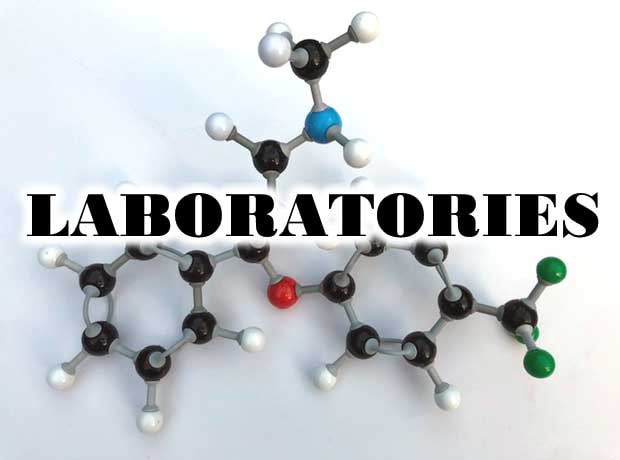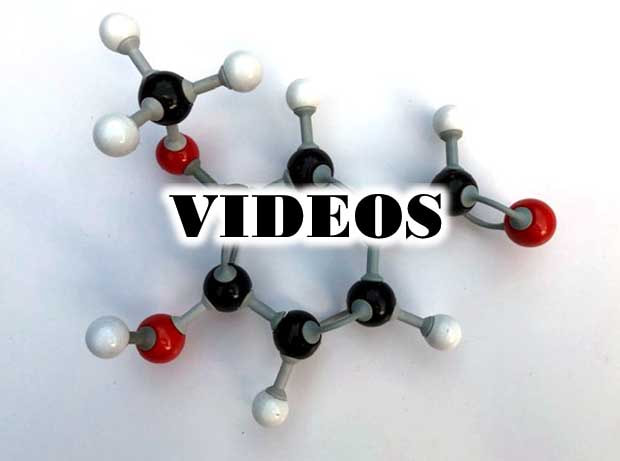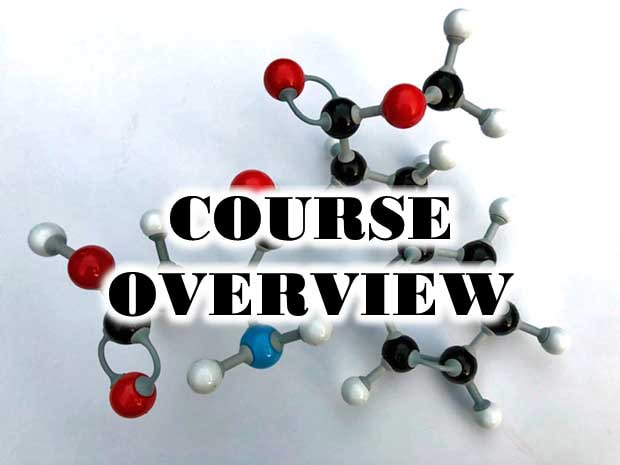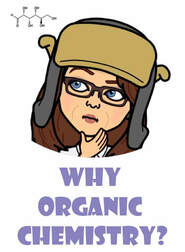Image Credits:
Nanocar ball-and-stick model in banner retrieved from: http://news.rice.edu/2015/12/14/rice-to-enter-first-international-nanocar-race/
Nanocar with fullerene wheels in banner by Materialscientist at en.wikipedia, CC BY-SA 3.0, https://commons.wikimedia.org/w/index.php?curid=16454593
Glucose ball-and-stick model retrieved from: https://www.thoughtco.com/pathway-most-atp-per-glucose-molecule-608200
Nanocar ball-and-stick model in banner retrieved from: http://news.rice.edu/2015/12/14/rice-to-enter-first-international-nanocar-race/
Nanocar with fullerene wheels in banner by Materialscientist at en.wikipedia, CC BY-SA 3.0, https://commons.wikimedia.org/w/index.php?curid=16454593
Glucose ball-and-stick model retrieved from: https://www.thoughtco.com/pathway-most-atp-per-glucose-molecule-608200


